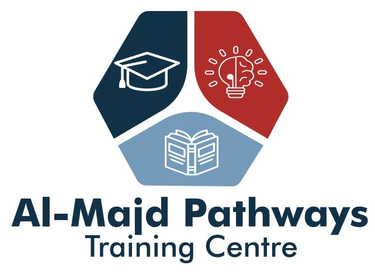
Safety Management Best Practices
New Management Safety Systems
£6200.00£5200.00
Why Choose this Training Course?
Is your management system part of the problem or part of the solution? For the first time, there is an ISO standard for Health and Safety Management. How well does your company's Health and Safety Standard align with this ISO Standard? The world of safety management is evolving, with new standards for high-hazard plants and updated guidelines from OSHA for safety and health programs. This Safety Management Best Practices training course provides knowledge about the application of new safety management principles and techniques relevant to organizations of all sizes. Effective safety management should encompass both the hard and soft aspects of safety to achieve exceptional results. The question that remains is what best practices are available that will lead to performance excellence.
Key Features of this Training Course:
Control of Major Accidents Hazards & Seveso III for onshore installations
ISO 45001 Safety Management Systems
New Guidelines by OSHA for Safety and Health Programs
Active and Reactive Monitoring and Safety Culture
HSE Plans, including Pre-Construction & Pre-Operations Safety Reports
What are the Goals?
By the end of this training course, participants will be able to:
Identify key safety Codes of Practice introduced by major organizations
Develop best practices for promoting a positive safety culture
Calculate task-based risk assessments
Analyse HSE Plans and Pre-Construction & Pre-Operations Safety Reports
Understand active and reactive monitoring
Who is this Training Course for?
This training course will be valuable for individuals involved in health and safety, planning, production, maintenance, and construction. Whether experienced or inexperienced, this course will benefit:
Senior Managers with responsibilities in Health and Safety
Health & Safety Professionals
Line Managers, Team Leaders, and Shift Supervisors
Production Engineers
Personnel involved in the preparation of Safety Reports
How will this Training Course be Presented?
This training course will utilize a variety of proven adult learning techniques to ensure maximum understanding, comprehension, and retention of the information presented. The course includes exercises, syndicate and group discussions, training videos, and discussions.
Course Outline
Day One: Safety Management Systems
The Scope and Nature of Health and Safety Management System Overview
Case Study
OHSAS 18001, ILO OHS 2001, POPMA vs. PDCA
ISO 45001 Safety Management System
OSHA's Safety & Health Program Management (Guidelines)
Day Two: Major Hazards Control Best Practice
The Safety Case Concept & Elements of Seveso
Inherently Safer Designs
Emergency Planning and Major Hazards
The Role of Human Contribution to Incidents
Active Errors, Preconditions, and Latent Failures
Incident Analysis Techniques - Best Practice
Day Three: Risk Assessment Best Practice
Risk Assessment - The Pitfalls
How to Make Risk Assessment Effective
Evaluation of Risks - Best Practice
Applying Task-Based Risk Assessment to Work Permits
The Role of Task Analysis and Job-Safety Analysis
Case Study
Day Four: Measuring Performance & Safety Culture
Measuring Performance – Active and Reactive
Key Performance Indicators & Process Safety Performance Indicators
Case Study
Best Practice Techniques for Promoting Safety Culture
Communication, Control, Co-operation & Competence
Assessing Improvement and Linking Safety Culture with the HSE Management System
Day Five: Project HSE Plans
Construction HSE Plans
Pre-Construction & Pre-Operations Safety Report
Land Use Planning
Safety Instrumented Systems
Tank Farms
Course Review and Evaluation
Certificate of Completion: Upon successful completion of the course, participants will receive a Certificate of Completion from Al-Majd Pathways Centre (APC).
Get in touch with us today.
Follow
Sign-up for our newsletter
0044 7466410010
©2025 All rights reserved.
